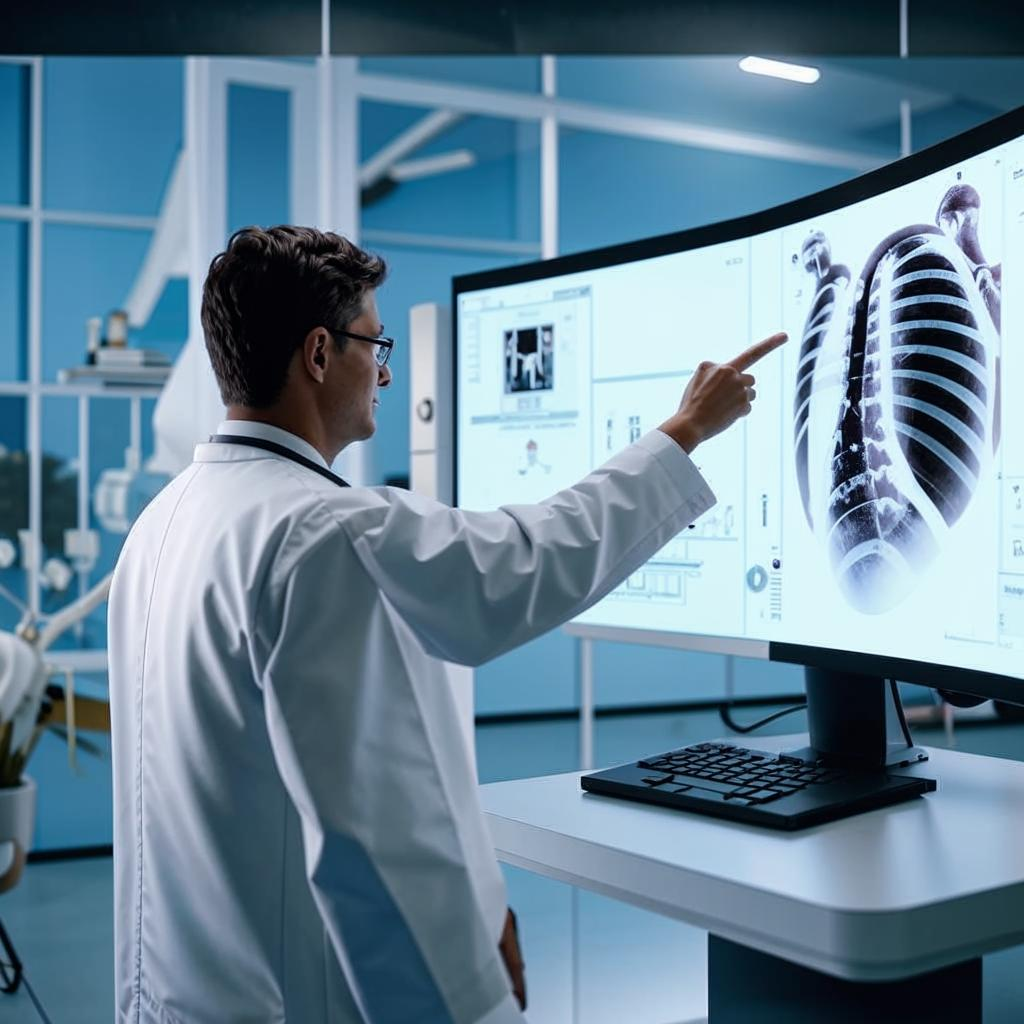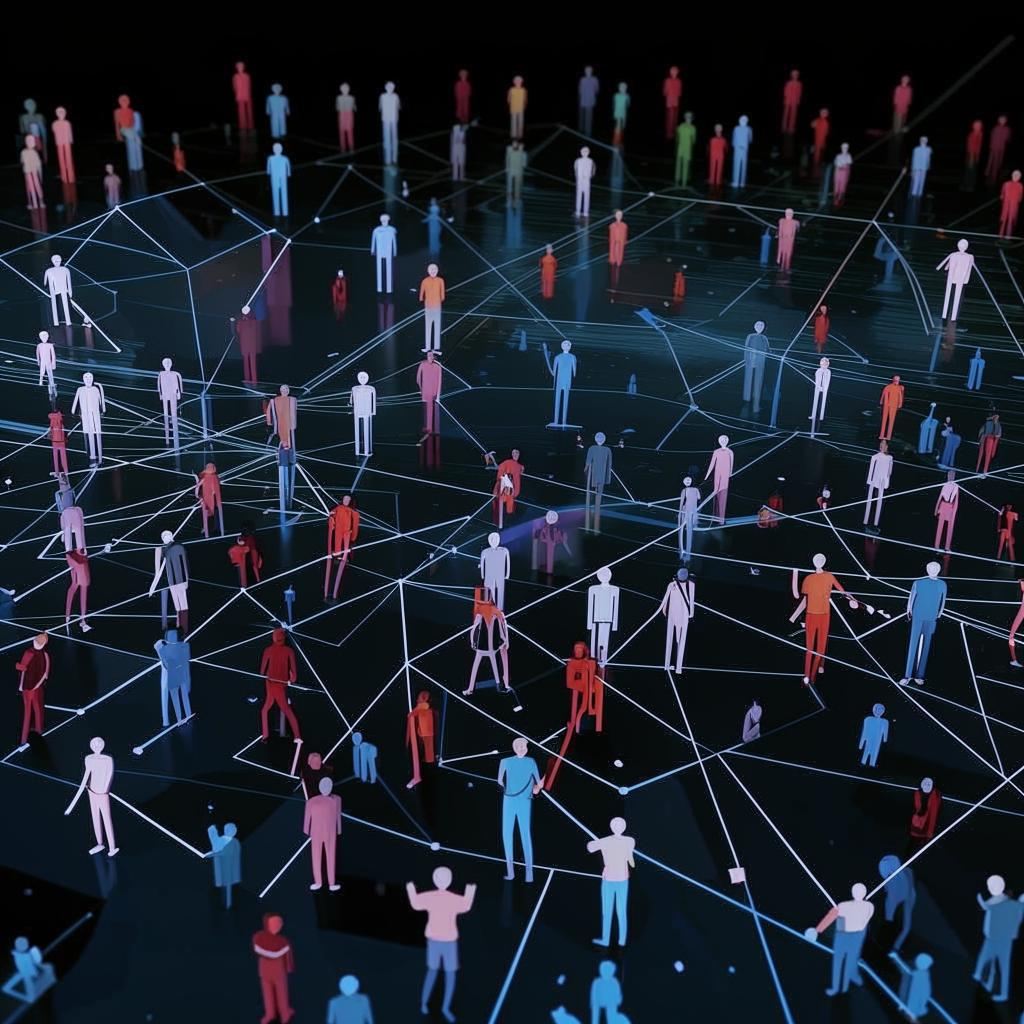A groundbreaking study reveals that artificial intelligence (AI) is surpassing human accuracy in detecting breast cancer. Researchers at Google Health and Northwestern University developed an AI model trained on an extensive dataset of nearly 300,000 mammograms. The findings, published in Radiology , demonstrate the AI’s superior performance compared to experienced radiologists.
The AI model significantly reduced both false positives and false negatives. In the United States, false positives decreased by 5.7%, and false negatives dropped by 9.4%. Similarly, in the United Kingdom, false positives were reduced by 1.2%, and false negatives by 2.7%. These improvements are crucial, as false positives can lead to unnecessary anxiety and further testing, while false negatives can delay diagnosis and treatment.
The implications of this research are profound. AI has the potential to revolutionize breast cancer screening by improving accuracy and reducing the burden on radiologists, who face increasing workloads. By assisting in the interpretation of mammograms, AI can help ensure that more women receive timely and accurate diagnoses, ultimately leading to better outcomes. While further research and clinical validation are necessary, this study represents a major step forward in the fight against breast cancer and highlights the transformative power of AI in healthcare. Future applications could include personalized screening strategies based on individual risk factors and AI-driven tools to assist in treatment planning. The future of cancer detection is looking brighter, thanks to the collaborative efforts of AI and medical professionals.















